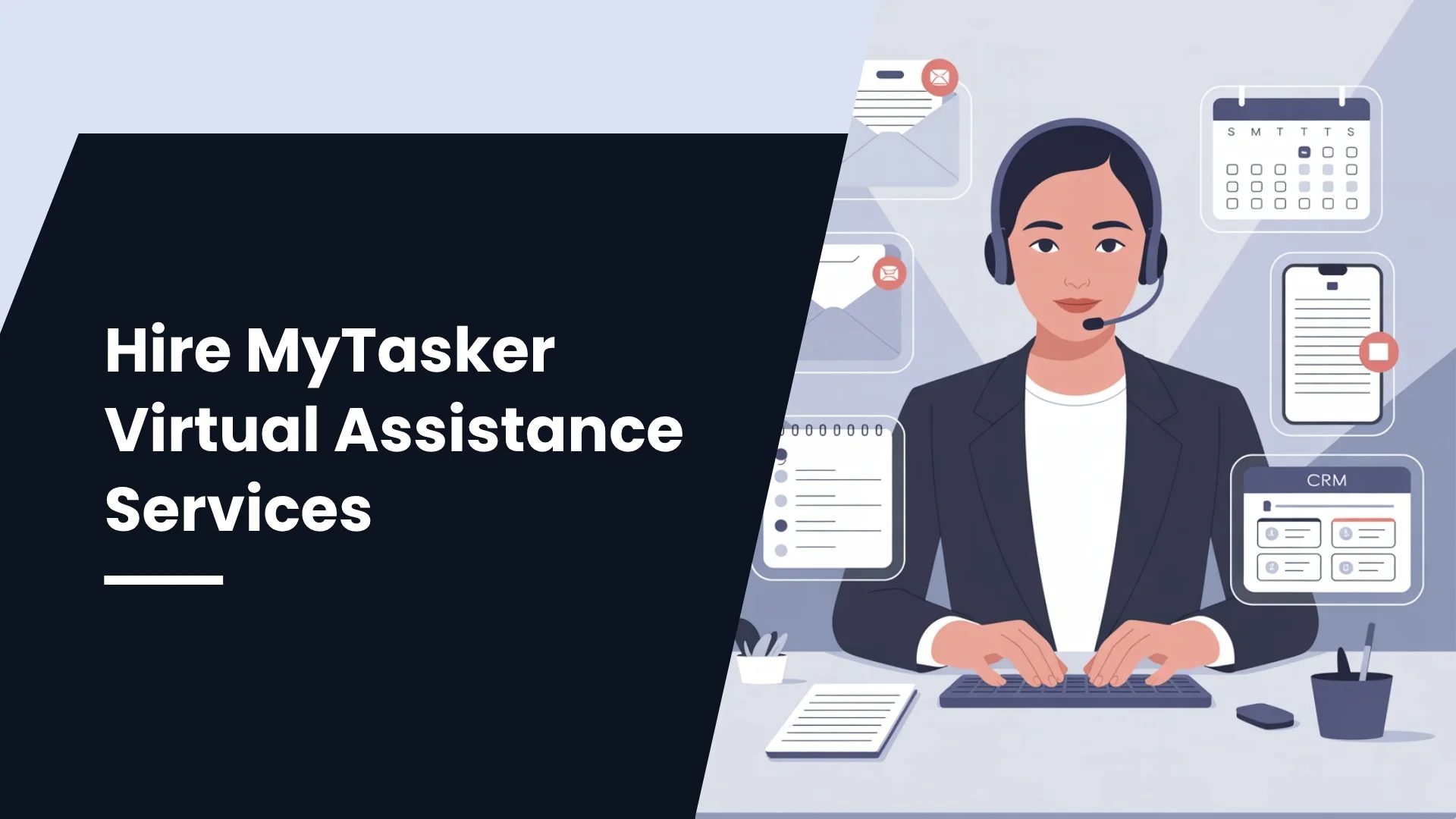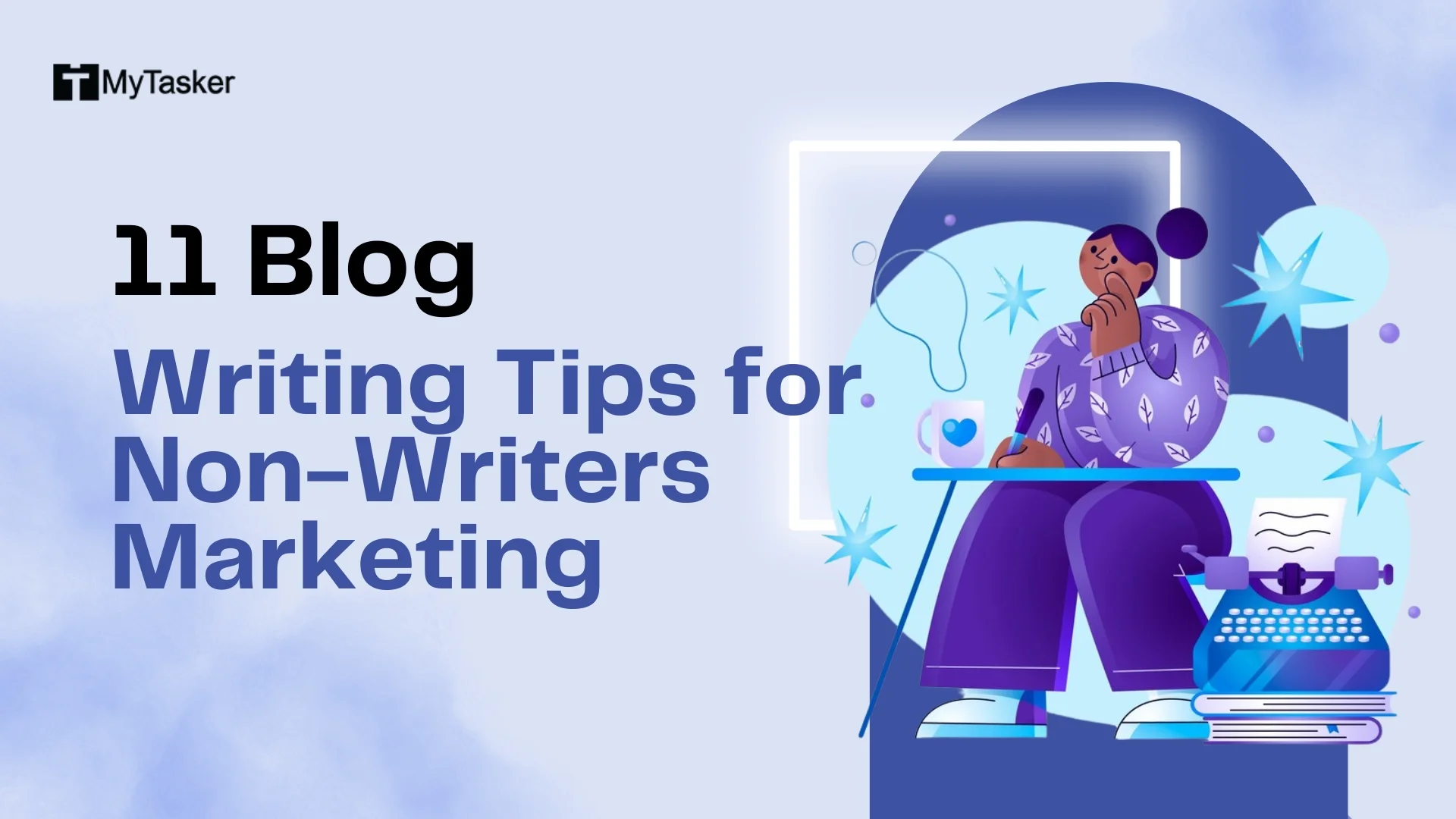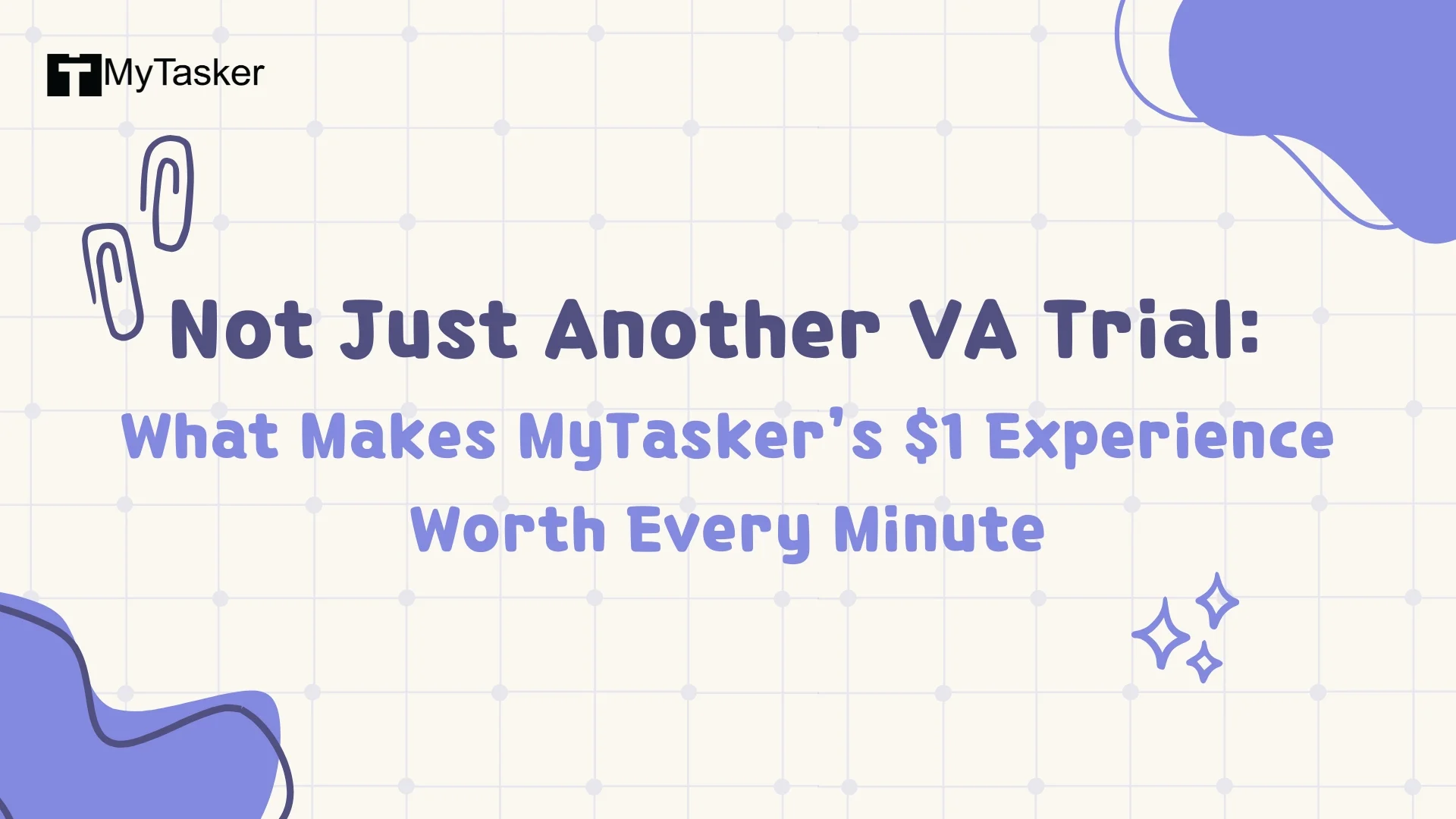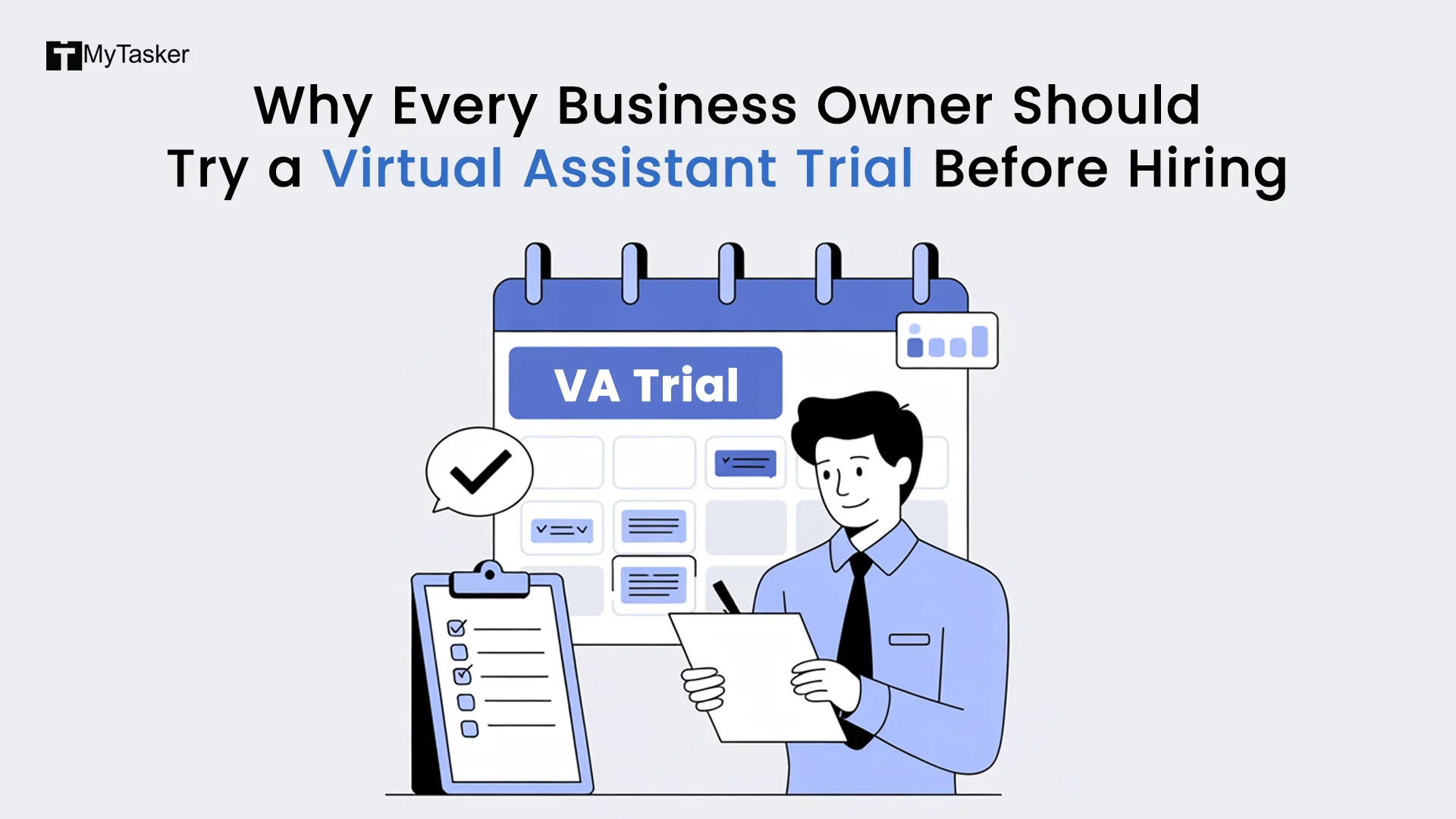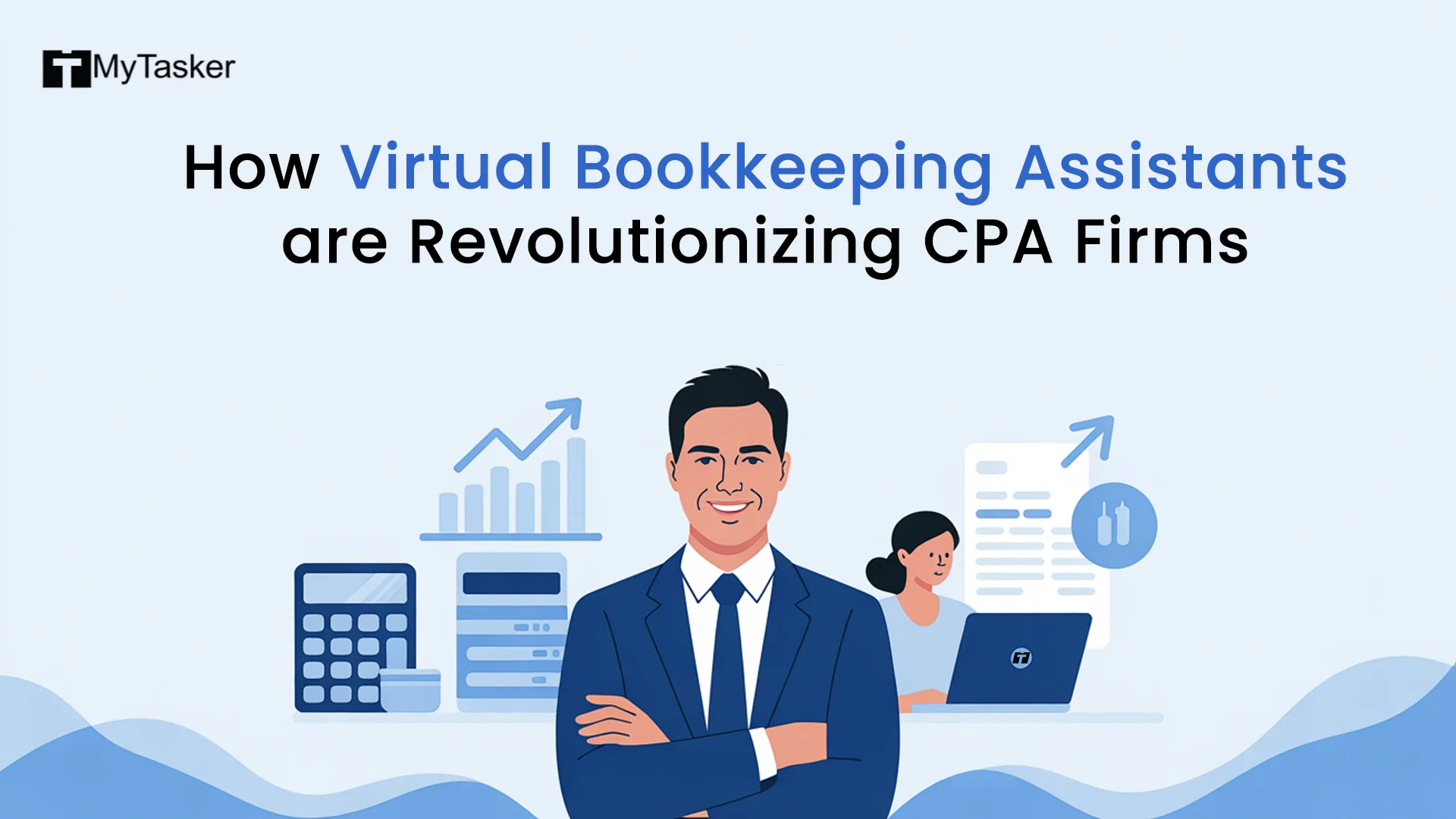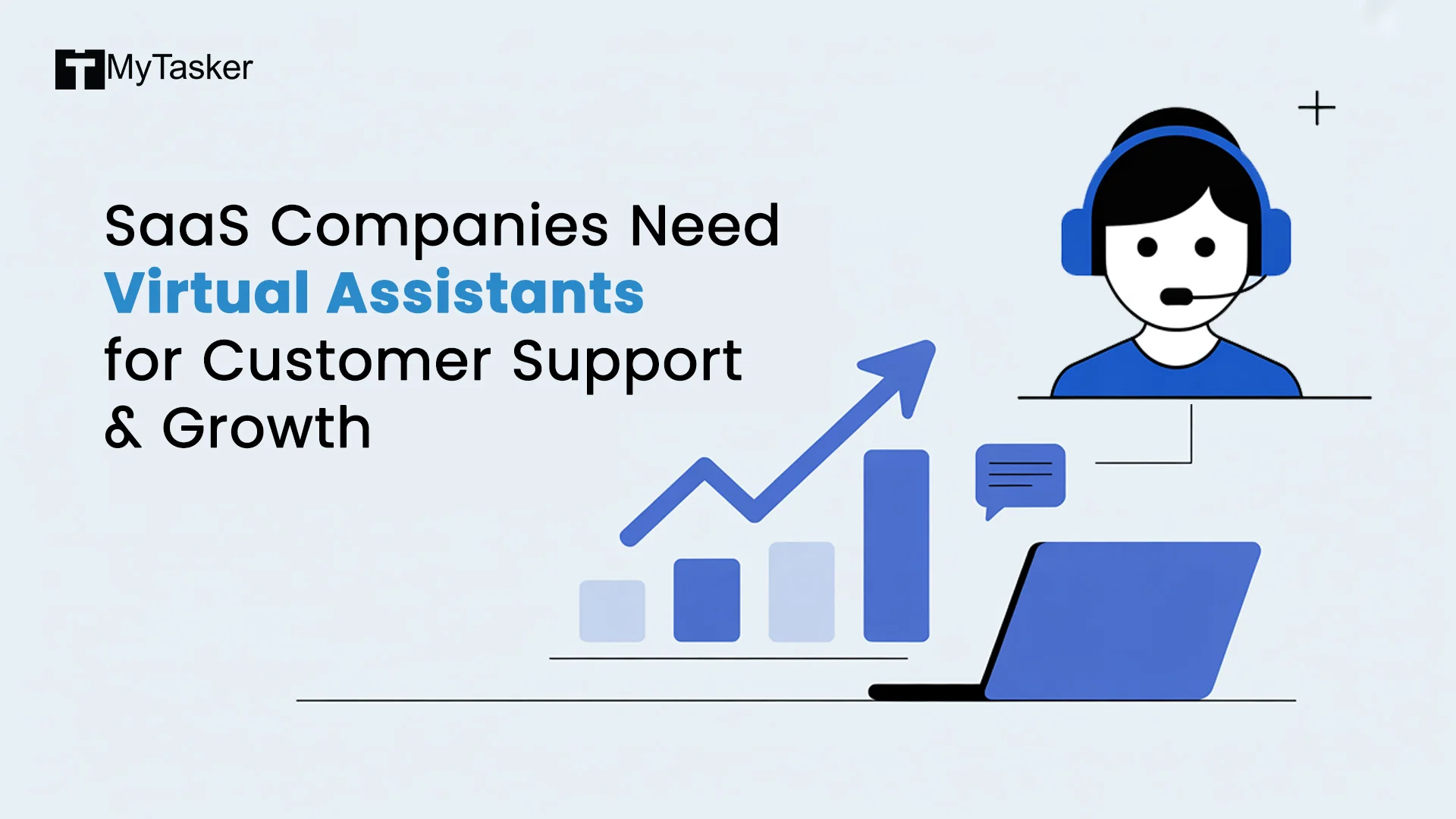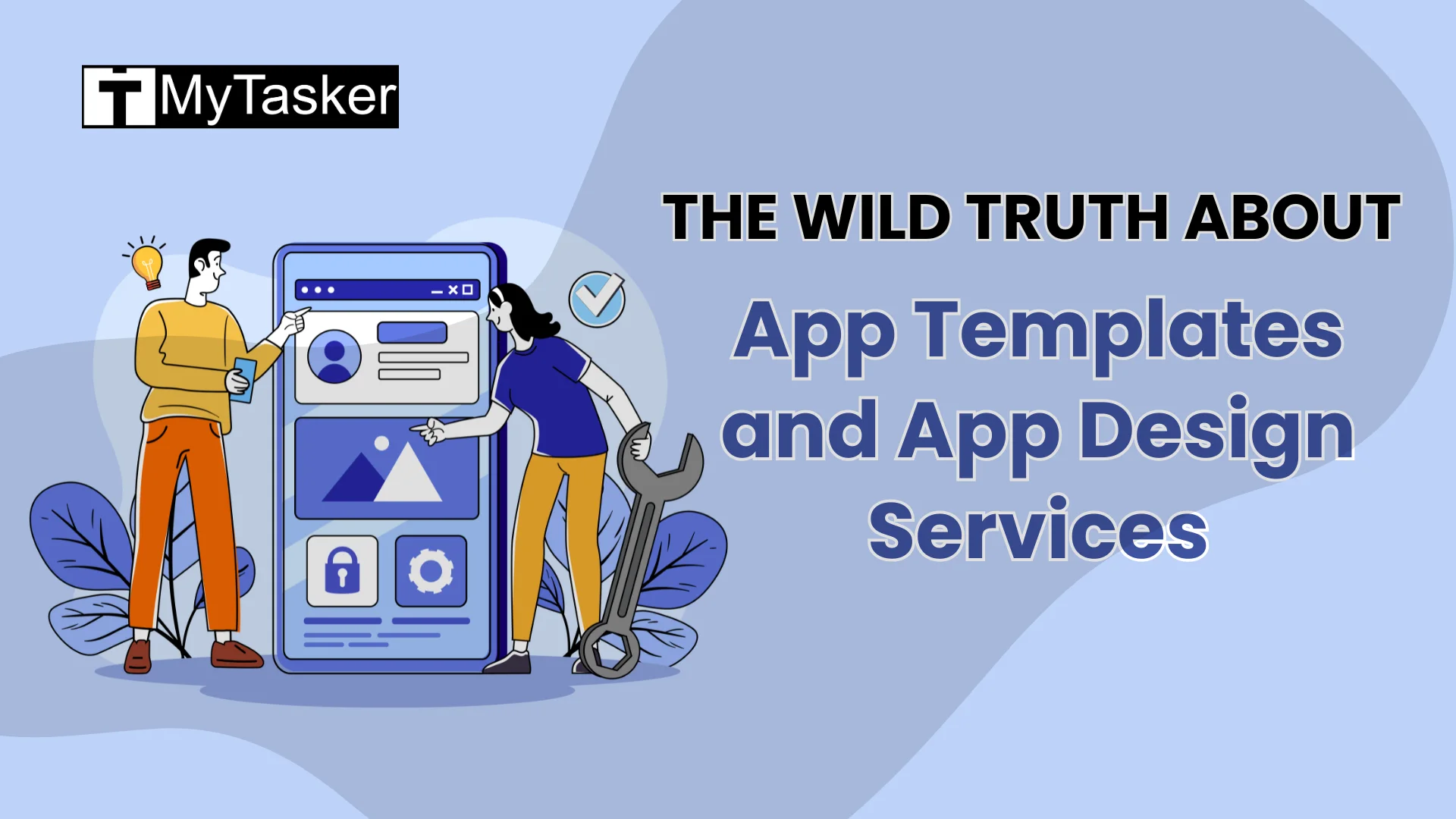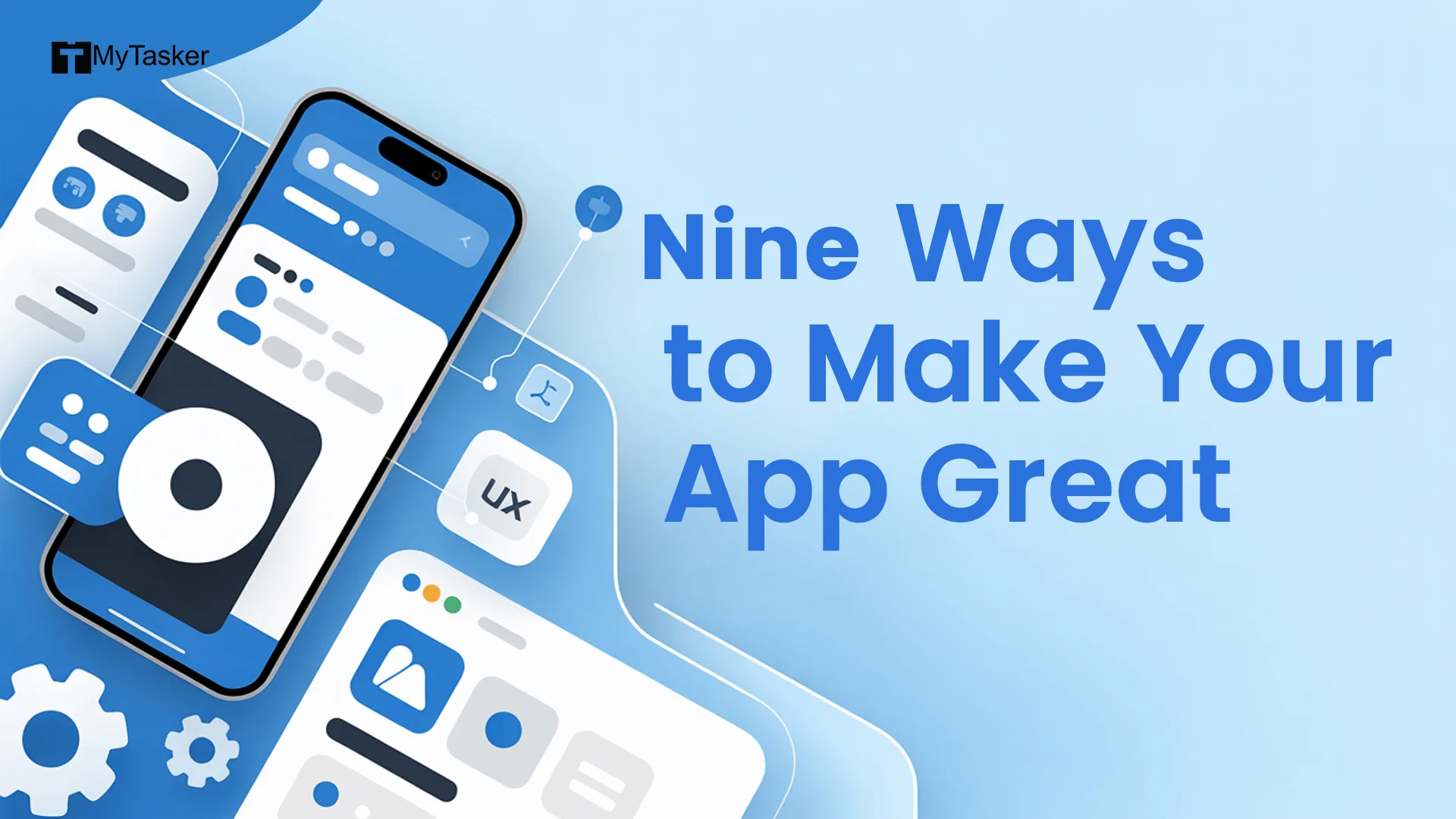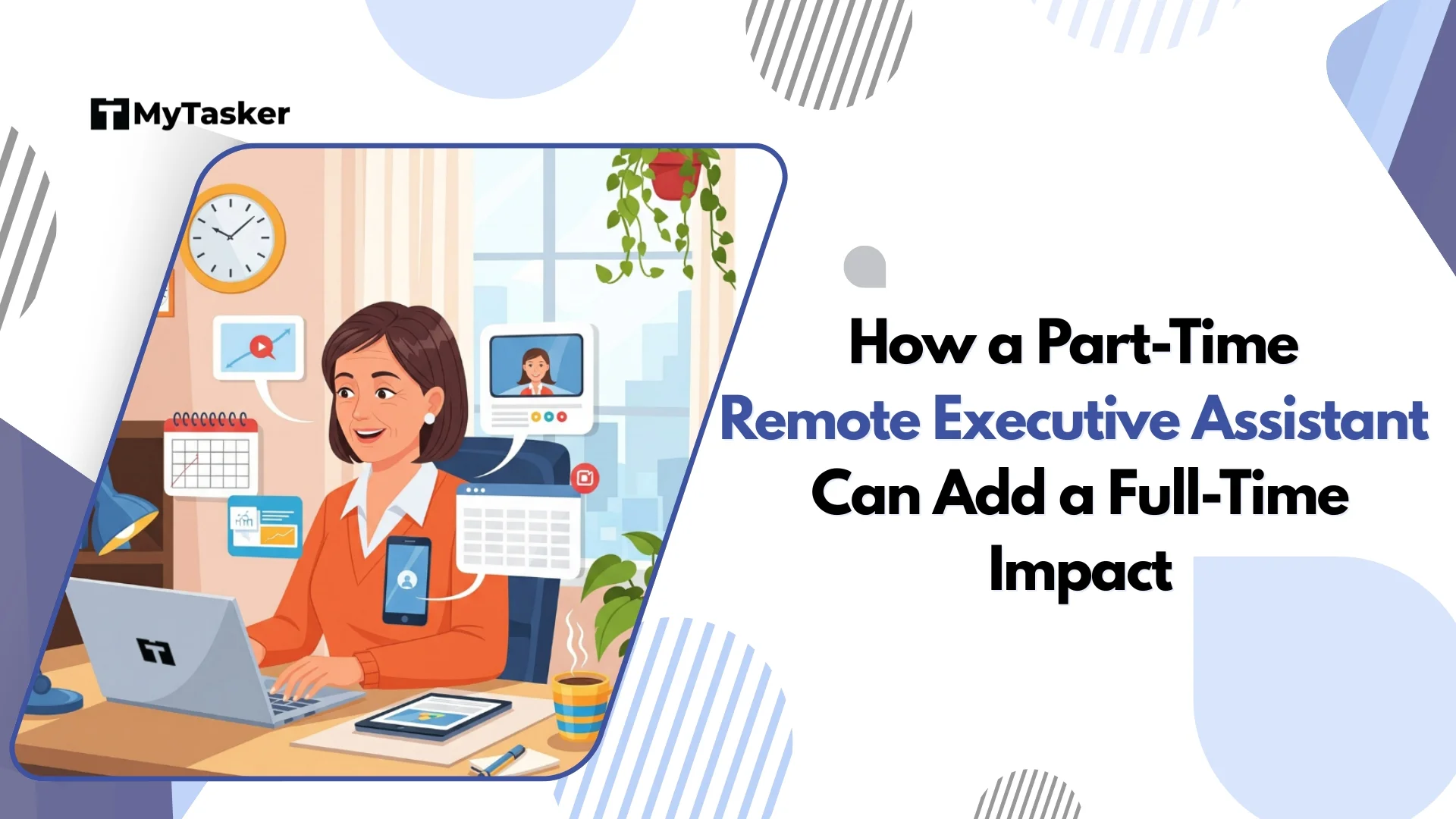Blogging may sound daunting at first, especially when you think of the writing part. Even more so, if you are not a writer - you may have endless questions about what to write and where to start. Fortunately, we have come up with a list of blog writing tips for non-writers to help you out.
First things first, you need to figure out why you want to start a blog. Is it because you want to put forth your ideas, opinions, or tips on something? Or do you want to share the latest news in your industry? Or maybe, blogging would be vital for your brand?
Whatever the reason may be, the good news is that you do not need to be the God of writing to start a blog.
If you are still wondering for some how-to-blog tips, read along :
- Read, read and read
- Start with strategy
- Write an outline
- Set the tone
- Think about your readers
- Keep the blog short
- Think creatively
- Use content writing tools
- Develop other useful skills
- Do not force yourself
- Keep writing
Let us explore!
The Best Blog Writing Tips for Non-writers
1. Read, Read and Read

Good writers are, by nature, good readers as well. Even if you are not a writer, reading can plant more and more ideas in your head for your blog.
Whether it is a thought leader in your industry, a funny post from a famous content creation company, or your favorite blog, reading helps guide and inspire your writing process.
You can set aside some time every day to read up on topics relevant to you and your blog.
2. Start with Strategy

There will be days when you feel it in your bones that writing is just the thing you were born for. On the other hand, there will be days when writing feels like an arduous task - even professional writers think that way sometimes, so that is okay!
How do you ensure you succeed in writing a blog, then? You can do so by setting a clear roadmap of where you want your blog to go. The strategy may include:
- Whether you want to build brand awareness, sell a specific product or service, or promote an event
- How often you are going to write and distribute content on your blog
- The kinds of topics your readers may be interested in
Setting a roadmap or a strategy can help you know exactly what you are going to write on your blog.
3. Write An Outline
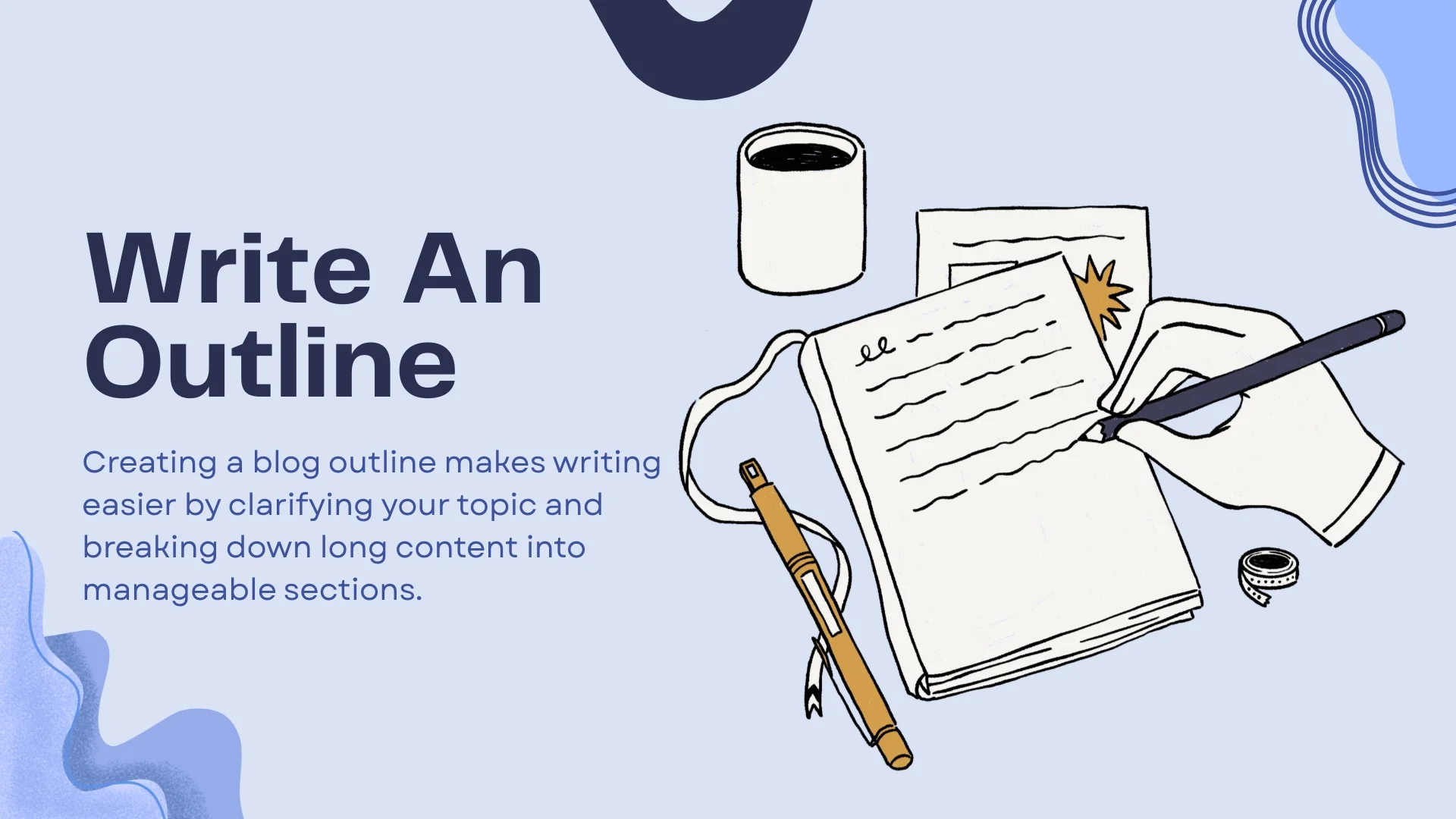
Writing a blog gets easier when you write your blog outline first.
You may think writing a 1,500-word blog post is impossible for you if you are a non-writer. When you have an outline at hand, though, you are more likely to think that writing such a long blog post may be possible, after all.
Writing an outline helps you clear your mind as to what your blog post will talk about. In this way, rather than going around in circles, you can ensure your blog post will stay focused on a particular topic. It also helps to break down a long piece of content into smaller sections which are easier to tackle for a newbie.
4. Set the Tone

When writing a blog, do not forget to use a certain tone and try to maintain it throughout your blogging journey. Set the tone of your blog depending on your audience, your topics, and your brand.
If your brand is small and more personal, write your blog in a conversational tone. If your topics are somewhat serious and your readers belong to the corporate world, try to reflect that in your writing.
Imagine reading a blog post about the author’s travel story to the Bahamas. What if the author writes that post using a formal tone? As a reader, you would get tremendously bored. Therefore, before starting to write a blog, it is crucial to define the tone.
5. Think about Your Readers

One of the most effective blogging tips for non-writers is to write for your readers. It may sound obvious, but plenty of bloggers forget this practice and start writing for themselves. You can begin answering questions to yourself like:
- What common questions do your customers or audience ask?
- What trends may they be excited about?
- What pieces of information do you think they should be educated on?
Remember, your blog should contain something your audience would want to read, not what you want to read or write.
You do not need to impress your audience, but you do need to engage with them. Only then can you make your blog enjoyable and useful for your readers.
6. Keep the Blog Short
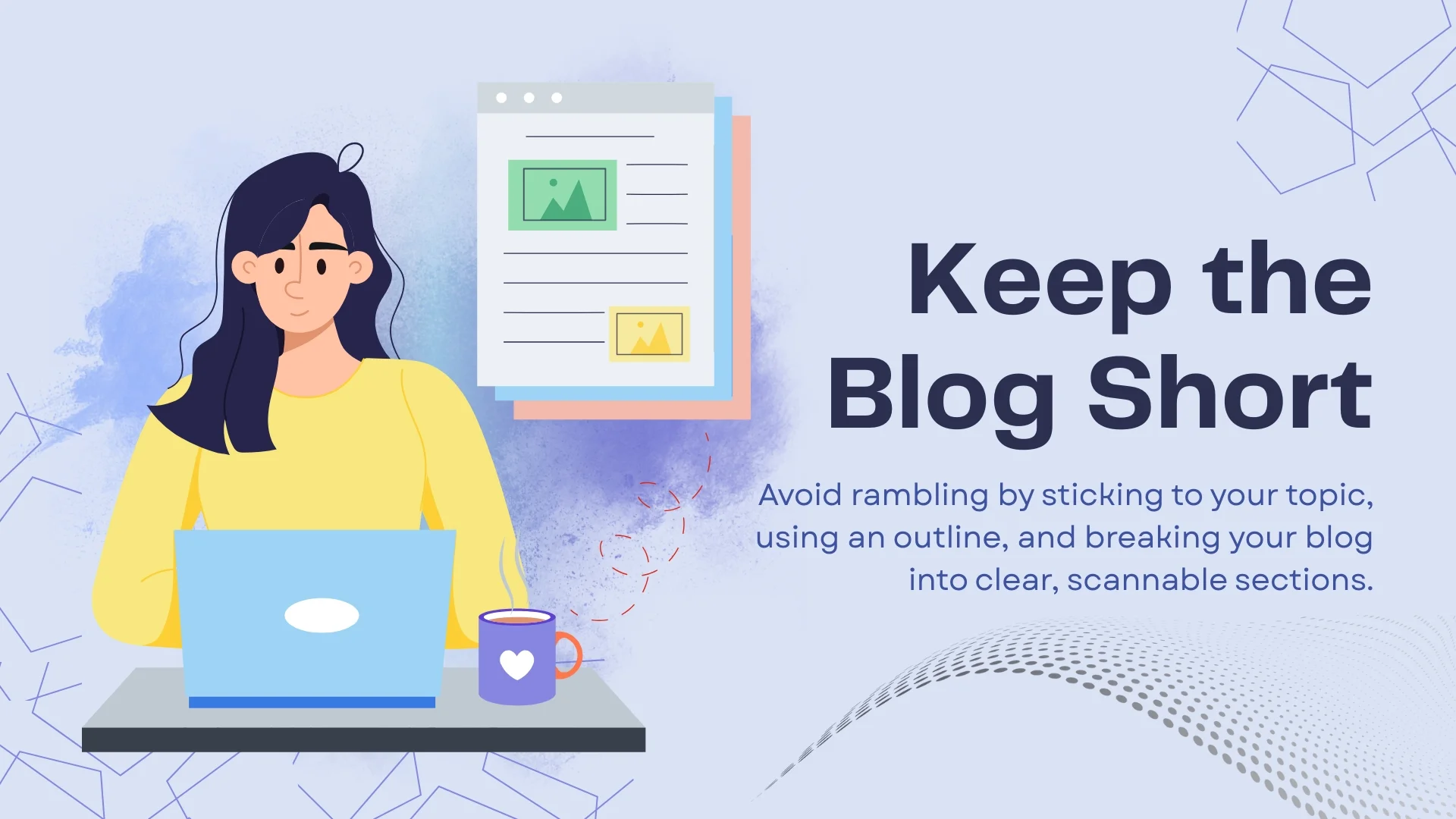
A common danger any non-writer can run into when writing a blog is to start rambling. You may have started writing on a topic you thought your audience would love, and before you know it, you have drifted away from the topic five paragraphs ago.
Again, this is where a blog outline comes in handy. The ideal length of your blog would depend on its topic.
For example, it makes no sense to talk about your trip to the Maldives in a 3,000-word blog. Similarly, 500 words would not be enough for a blog on content marketing metrics.
For the same reason, you need to make your blog scannable, too. Try to break up your blog post into clear headings and subheadings. Shorter chunks of content make it easier for your readers to get the gist of your blog in a short amount of time.
Use paragraphs, too, throughout your content. Ideally, each paragraph should contain 3 to 4 sentences, at the most.
7. Think Creatively
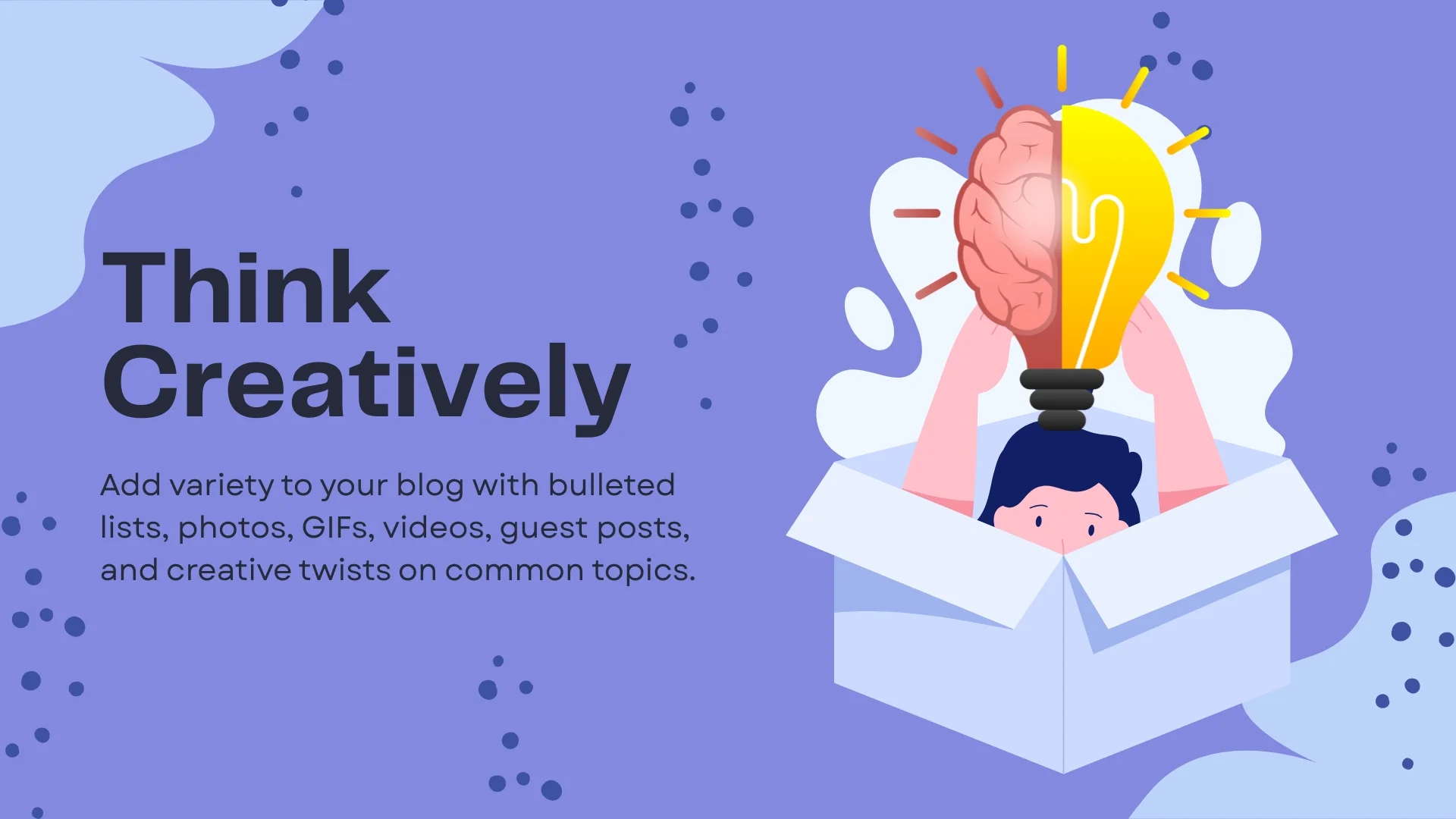
Instead of writing all your blog posts in paragraphs, why not shake things up a bit? You can:
- Use bulleted lists, like this one
- Create a photo blog
- Have a blog containing GIFs
- Feature slideshows, videos, or webinars
- Write about your podcasts
- Invite guest posts on your blog
- Offer printable checklists
Chances are, the same topics have been talked about in several different blogs. However, the trick is to find your own unique angle and give your blog a creative twist.
8. Use Content Writing Tools

If you need blog writing tips for non-writers, there are plenty of resources and tools on the internet to help you out.
One of the most popular content writing tools is Grammarly Premium, which can polish your blog into user-friendly content.
You can select an AI writing tool, too. For example, Writesonic allows you to select a template and write a short description of your blog requirements. In a few minutes, the tool will produce multiple content samples you can choose from.
9. Develop Other Useful Skills

Blogging is not just about the ability to write. You need to promote the blog post after publishing it. Only then can you get people to read your blog.
The point is that you can become a better blogger despite being a non-writer when you take the time to learn skills useful for blogging.
To promote your blog, you would need to know about social media marketing, Search Engine Optimization (SEO), and email marketing. Learning these skills will also let you wear multiple hats at a time and make your blogging journey more fun than usual.
For example, you may choose to learn how to write outreach emails to get backlinks from reputable sites. Or you can learn the best international SEO techniques to boost your blog traffic.
10. Do Not Force Yourself
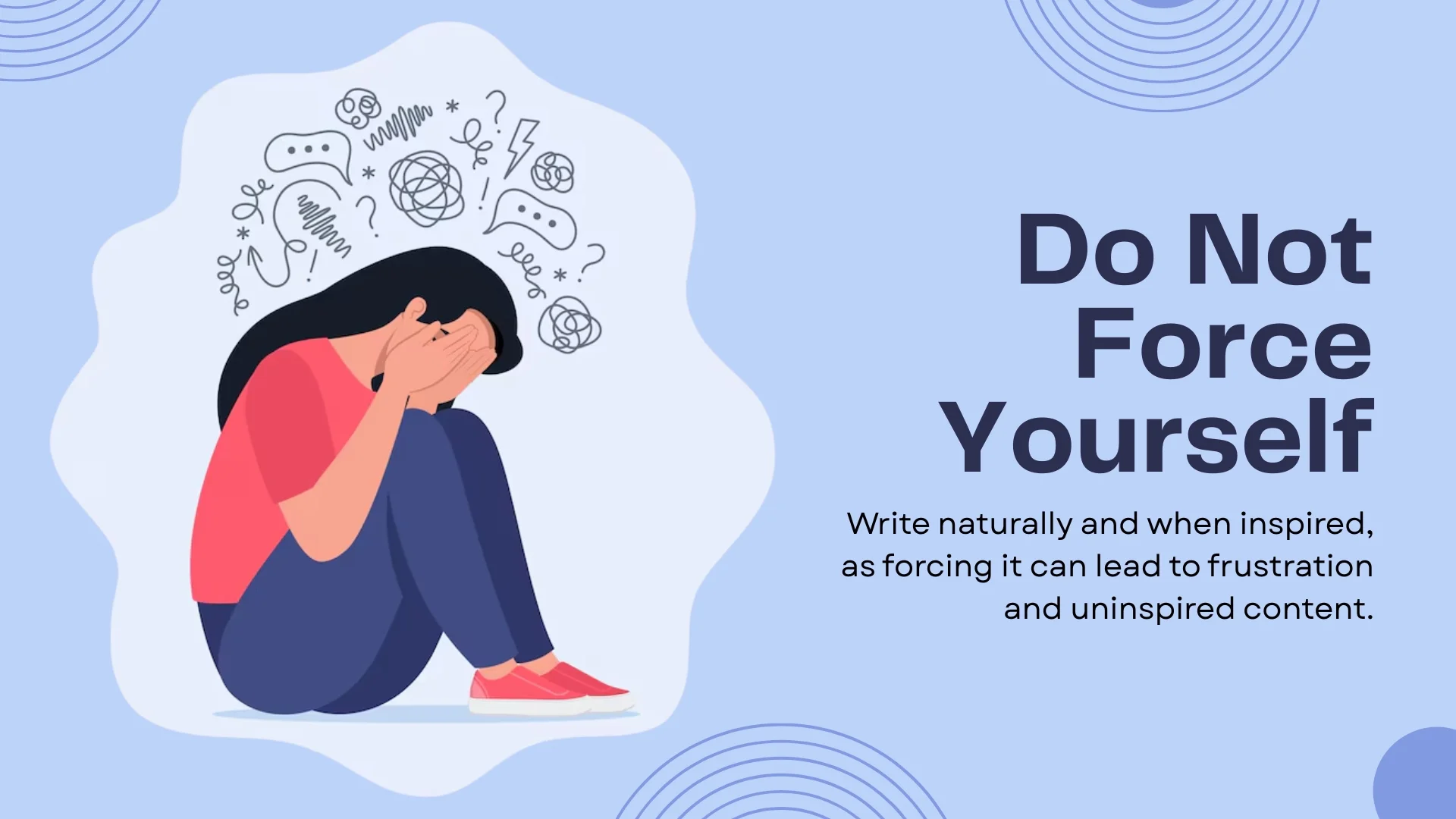
This is one of the most important writing tips for non-writers. You should write naturally, or write when you are inspired to write.
If you compel yourself to write a blog daily or weekly, it will only be a matter of days before you find yourself frustrated. As a result, even if you continue to write when you do not really want to, it will show in your writing.
Once you do or think of something that motivates or inspires you, you will find the words flowing on their own.
11. Keep Writing

Finally, if you want to learn how to start writing a blog, you need to keep writing. Not every post you write is going to be your best. You may need some more time to become comfortable blogging.
That is alright because getting better at writing takes time and discipline. Stick to your blogging strategy and keep learning from your past writing mistakes.
Conclusion: Blogging Guides for Non-Writers
Now that you know some blog writing tips for non-writers, it does not matter whether or not you consider yourself a writer. Being a non-writer should not stop you from sharing your thoughts with the world. Further, it cannot stop you from creating a successful blog that people would want to read.
The only problem you may face when blogging is the lack of time. To work around this difficulty, reach out to the Content Writing Professionals at MyTasker. They can help you write unique, easily digestible blogs that would engage your readers, highlight your brand personality, and grow your business.
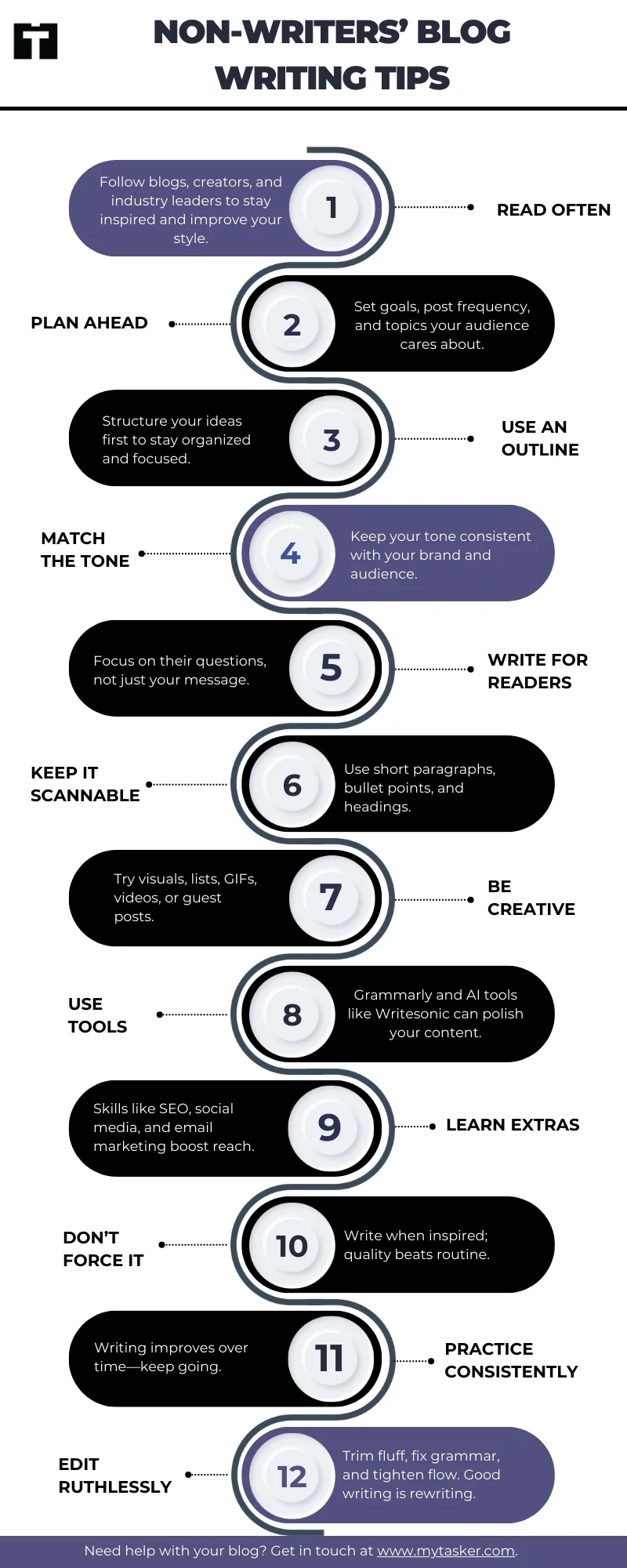
FAQs
How do I write a good blog?
Focus on topics rather than narrow-focus keywords. Define your audience for the blog and the intent of the content (e.g., informational, transactional, commercial, or navigational). Create an outline or table of contents for your blog posts, including FAQs (for that, search the topic on Google and answer the "People Also Ask" questions. Similarly, search the topic on Perplexity and Gemini, and answer the related questions with fresh perspectives).
Write an engaging title, meta description, URL, and H1. Start your blog with an attention-capturing paragraph. Optimize the meta title, title (H1), and the first paragraph of your blog post with the primary keyword, and use the subheadings (H2, H3...) with secondary keywords, variations, or in-depth coverage of the primary keywords. Showcase key takeaways in bullet points, use infographics, and write your content in such a manner that even if someone just skims through it, they can still comprehend the message.
Use stats, anecdotes, case studies, and stories too. Focus on building backlinks (share fresh stats and facts created on your own using surveys, quizzes, and tools like SEMrush Trends).
What is the 80/20 rule for blogging?
The 80/20 rule for blogging is based on the Pareto Principle that 80% of your blogging success comes from 20% of your efforts.
Spend 20% of your time creating content. And 80% of your time promoting the same.
Before you publish make sure your blog has an SEO friendly title, meta description and clean URL. Link to other related posts on your site and at least one external link to a trusted source. Add eye catching visuals or infographics, shareable quotes and proper alt text for all images.
Once published share your blog on your main social media channels like LinkedIn, Facebook, X (Twitter) and Instagram. Post in relevant groups or forums and repurpose a snippet or teaser on platforms like Medium, Reddit or Quora to drive traffic.
Email your subscriber list with a compelling subject line and submit your blog to Google for indexing. Boost your reach by reaching out to influencers or websites you’ve mentioned and submit your content to sharing platforms like GrowthHackers or Zest.
Turn your blog into multiple formats—carousels for Instagram, short videos for TikTok or YouTube or even a podcast episode. You can also design an infographic version and share it on platforms like Pinterest or Behance.
After promotion monitor your performance using Google Analytics and Search Console. Keep an eye on traffic, shares and backlinks and consider updating the blog with fresh data or FAQs after a month or two to keep it relevant.
What are some effective ways to optimize my blog posts for SEO?
Optimize the URL, title, H1, and the first 100 words or paragraph with the primary keyword. Inject FOMO or write your blog’s meta description in a way that encourages people to click on your post. Use infographics and images to help your blog appear in search results. Use alt text effectively. Answer FAQs and include infographics for better engagement and visibility.
How to get better at blog writing?
Get better at blog writing by writing regularly and reading great blogs to get inspiration and see what works. Know your audience and write for them, use clear grammar and a conversational tone. Outline your posts for structure and focus on clarity, use active voice and a hook to grab attention.
Practice storytelling to make it relatable and edit ruthlessly to make it flow. Learn SEO basics, study headline formulas and back up your points with data. Use proper formatting with subheadings and bullet points and read your writing out loud to catch errors.
Repurpose your content into other formats, keep a swipe file for ideas and stay curious by learning new writing techniques. And always write with a purpose so your content is actionable for the reader.
How to make a successful blog?
To make a successful blog start by finding a niche that you are interested in and that provides value to your audience. Create high quality, original content that answers your readers questions, solves their problems or meets their needs. Consistency is key so post regularly and stick to your content strategy.
Optimize for SEO by researching keywords, meta tags and proper formatting so your posts are discoverable. Build engagement by commenting, responding to feedback and sharing your posts on social media. Promote your blog through email newsletters, collaborations with other bloggers or guest posts to increase your reach.
Monetize your blog through ads, affiliate marketing or selling your own products/services once you have a steady audience. And finally keep learning and adapting based on analytics to see what works and improve your blog.
How do I create a compelling introduction for my blog post?
To write a good intro for your blog post start with a hook that grabs attention—whether it’s a question, statistic, scenario or statement. Then set the tone and clearly outline what your post will cover so readers know what they’ll get.
Acknowledge the reader’s pain point to make it relevant and connect with them and give them a roadmap of what to expect from the rest of the post. Goal is to hook them from the start and make them want to read on. What tools can help me improve the readability of my blog posts
To improve your blog posts tools like Grammarly and ProWritingAid help with grammar, style and structure, Hemingway Editor simplifies complex sentences and highlights readability issues. Yoast SEO does readability analysis along with SEO optimization and Readable gives you detailed readability scores.
Slick Write checks sentence flow and Ginger Software refines sentence structure. Tools like Ludwig and Quillbot help rephrase content for better clarity and Readability Test Tool gives you various readability scores to test content ease. Using these tools will make your writing clear, engaging and easy to read.
How can I use subheadings to enhance my blog posts?
Subheadings break your content into smaller, easy to read sections so readers can scan your post. They guide the reader through your ideas and add relevant keywords for SEO. Subheadings also make the post look visually appealing, less overwhelming and highlight important points making the content more organized and engaging.
